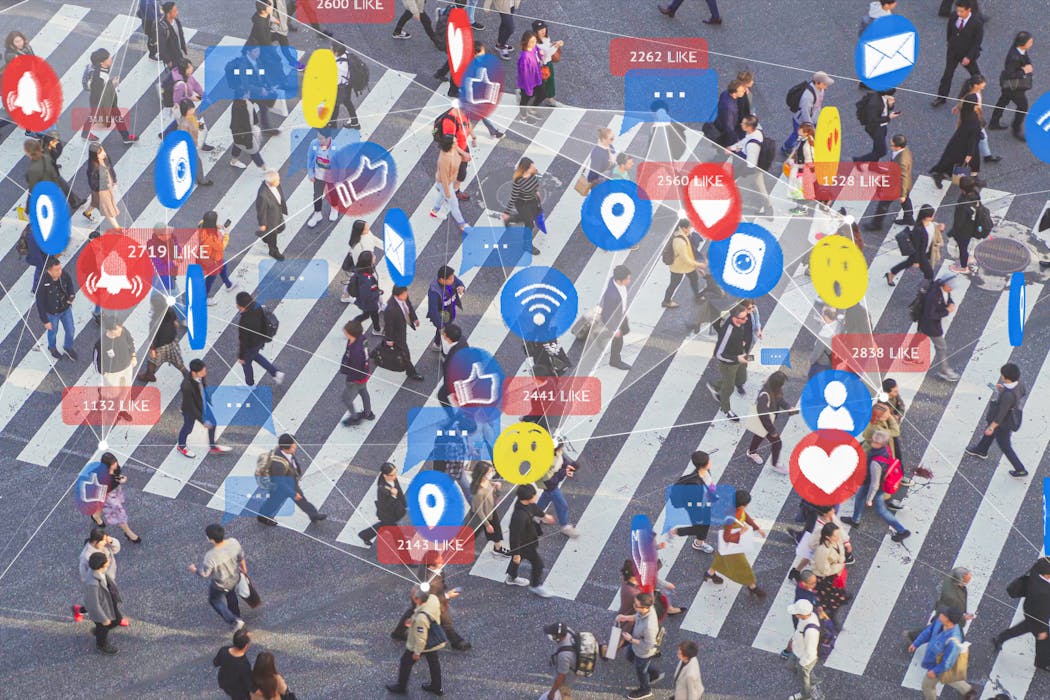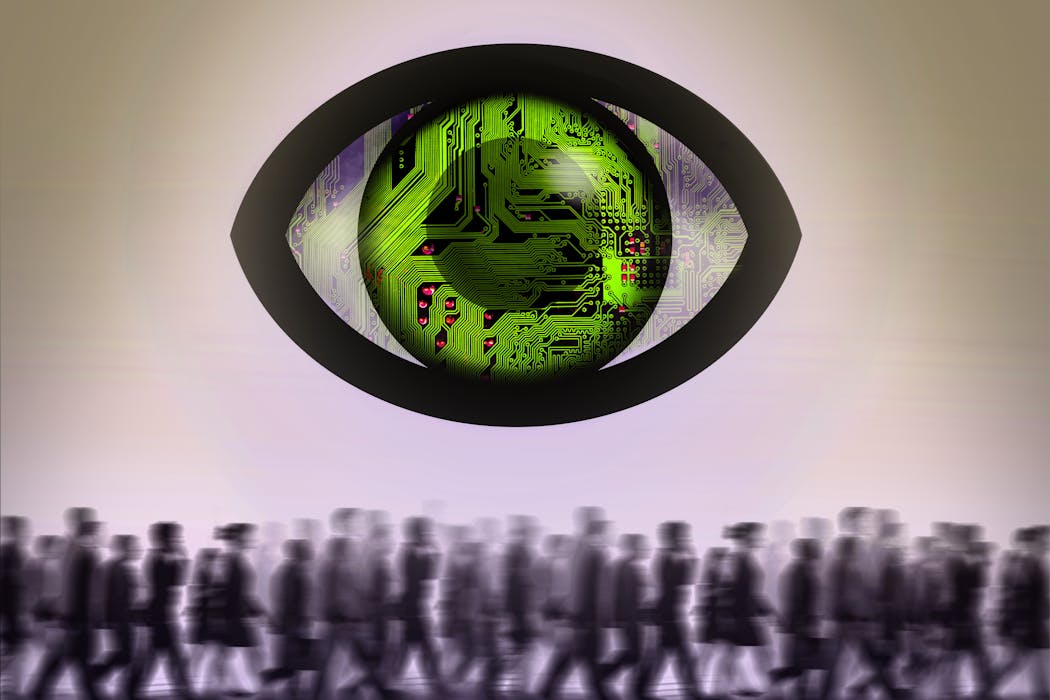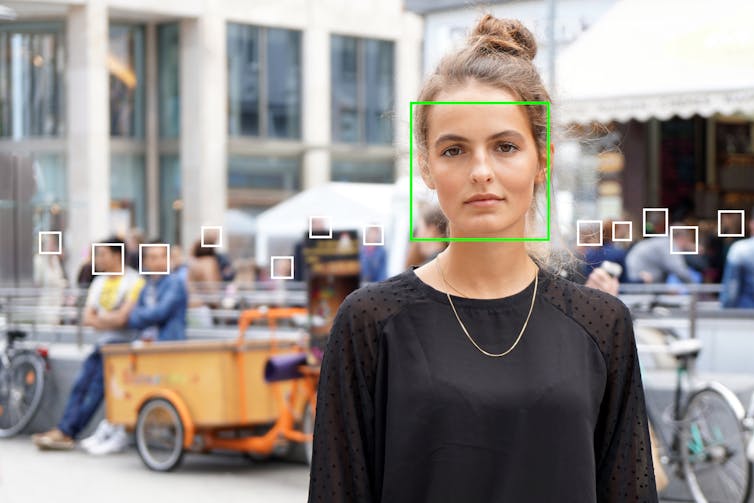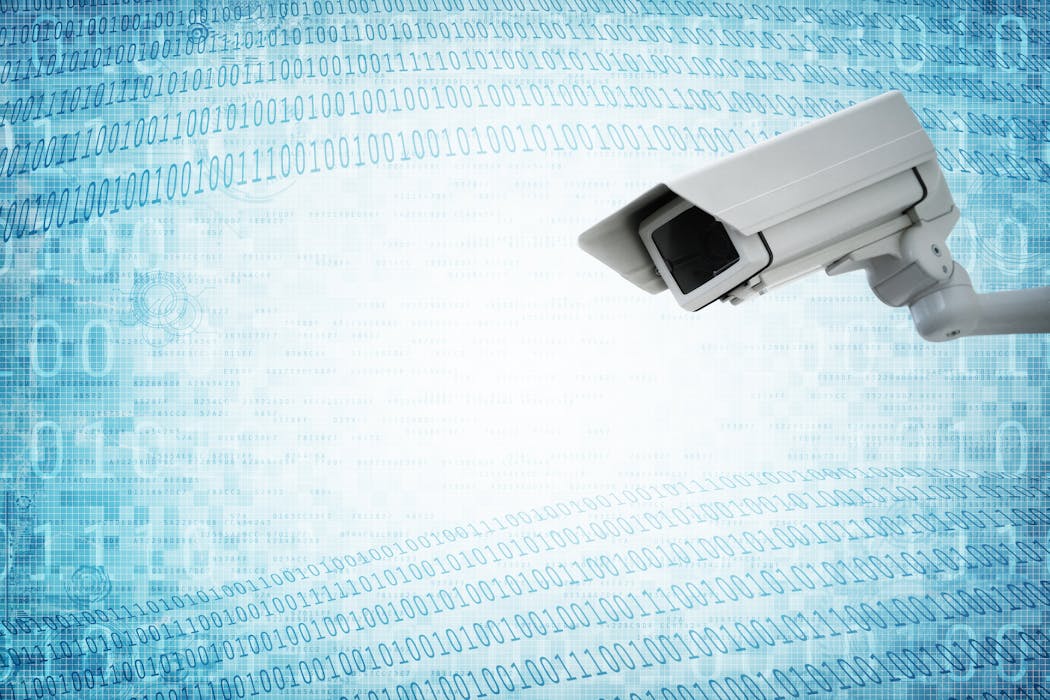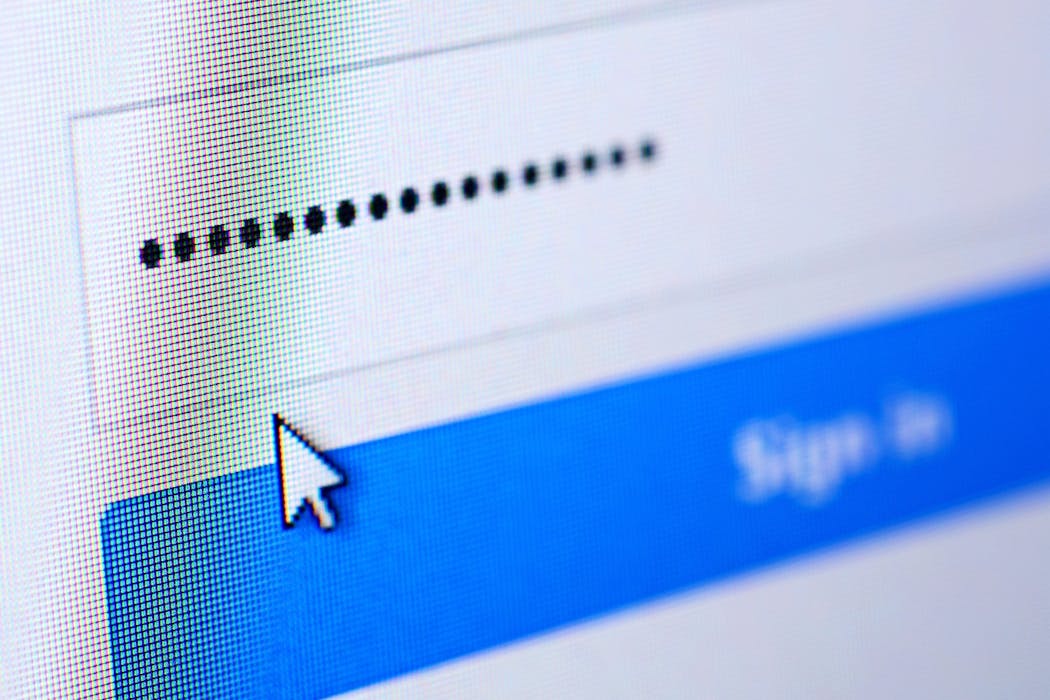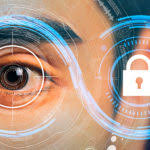- Yes, the government can track your location – but usually not by spying on you directlyby Emilee Rader, Professor of Information, University of Wisconsin-Madison on December 3, 2025 at 1:26 pm
A privacy researcher breaks down how your phone reveals your location, how that data is collected and sold, and how the government gets ahold of it – by simply buying it.
- Always watching: How ICE’s plan to monitor social media 24/7 threatens privacy and civic participationby Nicole M. Bennett, Ph.D. Candidate in Geography and Assistant Director at the Center for Refugee Studies, Indiana University on November 7, 2025 at 1:18 pm
ICE’s dragnet is expanding across social media, putting everyone’s digital lives into the realm of border and immigration enforcement.
- Governments continue losing efforts to gain backdoor access to secure communicationsby Richard Forno, Teaching Professor of Computer Science and Electrical Engineering, and Assistant Director, UMBC Cybersecurity Institute, University of Maryland, Baltimore County on May 16, 2025 at 12:24 pm
The perennial tug-of-war between government interests and individual liberties is playing out in the battle over encrypted messaging. Technology tilts the field toward individuals.
- From help to harm: How the government is quietly repurposing everyone’s data for surveillanceby Nicole M. Bennett, Ph.D. Candidate in Geography and Assistant Director at the Center for Refugee Studies, Indiana University on April 23, 2025 at 12:46 pm
Under the guise of efficiency and fraud prevention, the federal government is breaking down data silos to collect and aggregate information on virtually everyone in the US.
- Digital surveillance is omnipresent in China. Here’s how citizens are copingby Ariane Ollier-Malaterre, Professeure de management et titulaire de la Chaire de recherche du Canada sur la régulation du digital dans la vie professionnelle et personnelle; Canada Research Chair in Digital Regulation at Work and in Life, Université du Québec à Montréal (UQAM) on March 13, 2024 at 9:35 pm
State surveillance of citizens is growing all over the world, but it is a fact of daily life in China. People are developing mental tactics to distance themselves from it.
- ‘The most dangerous Negro’: 3 essential reads on the FBI’s assessment of MLK’s radical views and alliesby Howard Manly, Outreach Editor, The Conversation on January 13, 2023 at 11:23 pm
As Martin Luther King Jr. gained national prominence, the FBI launched several investigations to prove that King and his radical allies were communist sympathizers and a danger to America.
- Digital identity: new UK scheme risks running a repeat of ID card controversyby Maureen Meadows, Professor of Strategic Management, Coventry University on September 10, 2020 at 2:20 pm
A digital ID will only work if people are allowed to keep control of their data.
- On the 50th anniversary of the War Measures Act, we don’t need a coronavirus sequelby Maxime Dagenais, Coordinator of the Wilson Institute for Canadian History/Adjunct Assistant Professor of History, McMaster University on May 4, 2020 at 5:37 pm
Ottawa used the old War Measures Act when it wanted sweeping powers to deal with extraordinary events. Prime Minister Justin Trudeau has mused about using the newer Emergencies Act during the pandemic.
- Hundreds of Chinese citizens told me what they thought about the controversial social credit systemby Xinyuan Wang, Research Associate in the Department of Anthropology, UCL on December 17, 2019 at 10:41 am
China’s social credit system has been described as a ‘dystopian nightmare straight out of Black Mirror’ but many citizens think it will help fight fraud and bring about a better society.
- Facial recognition: ten reasons you should be worried about the technologyby Birgit Schippers, Visiting Research Fellow, Senator George J Mitchell Institute for Global Peace, Security and Justice, Queen’s University Belfast on August 21, 2019 at 1:47 pm
Surveillance software that identifies people from CCTV is eroding human rights and democracy.
- Turning local libraries, pools and playgroups into sites of surveillance – ParentsNext goes too farby Rebecca Williamson, Research Officer, Australian National University on June 18, 2019 at 2:10 am
ParentsNext requires places like libraries and public pools to monitor parents’ attendance at activities. This undermines their role as spaces of inclusion and support.
- How artificial intelligence systems could threaten democracyby Steven Feldstein, Frank and Bethine Church Chair of Public Affairs & Associate Professor, School of Public Service, Boise State University on April 22, 2019 at 10:45 am
Even governments in democracies with strong traditions of rule of law find themselves tempted to abuse these new abilities.
- As governments adopt artificial intelligence, there’s little oversight and lots of dangerby James Hendler, Tetherless World Professor of Computer, Web and Cognitive Sciences, Rensselaer Polytechnic Institute on April 18, 2019 at 10:43 am
AI can help make government more efficient – but at what cost? Citizens’ lives could be better or worse, based on how the technology is used.
- How governments use Big Data to violate human rightsby Andrew Thompson, Adjunct Assistant Professor Political Science, and Fellow at the Balsillie School of International Affairs, University of Waterloo on January 13, 2019 at 2:14 pm
If left unchecked, invasions of privacy enabled by technology could put every human right at risk, and on a scale that would be truly terrifying.
- Why you should care about China’s VPN crackdownby Omair Uthmani, Lecturer in Networking and Security, Glasgow Caledonian University on August 22, 2017 at 2:18 pm
Virtual private networks help citizens around the world evade state surveillance – how long until more governments take action?
- For many Mexicans, this government spying scandal feels eerily familiarby Luis Gómez Romero, Senior Lecturer in Human Rights, Constitutional Law and Legal Theory, University of Wollongong on July 28, 2017 at 5:47 am
This is not the first time Mexico’s government has been accused of spying on and harassing citizens whose activities it finds inconvenient.
- The real costs of cheap surveillanceby Jonathan Weinberg, Professor of Law, Wayne State University on July 18, 2017 at 12:26 am
What governments and companies think they know about us – whether or not it’s accurate – has real power over our actual lives.
- Why we should not know our own passwordsby Megan Squire, Professor of Computing Sciences, Elon University on March 10, 2017 at 4:19 am
As searches of smartphones and other digital devices at US borders become more common, can research and computer science help protect travelers’ privacy?
- What does Trump’s election mean for digital freedom of speech?by Luis Hestres, Assistant Professor of Digital Communication, The University of Texas at San Antonio on January 16, 2017 at 4:44 am
The public must prepare to stand up for a free press, and against online censorship and surveillance.
- Protect your privacy during turbulent times: A hacker’s guide to being cyber-safeby Timothy C. Summers, Ph.D., Director of Innovation, Entrepreneurship, and Engagement, College of Information Studies, University of Maryland on December 8, 2016 at 2:11 am
People who think like hackers have some really good ideas about how to protect digital privacy during turbulent times. We can learn from them.
- How the UK passed the most invasive surveillance law in democratic historyby Paul Bernal, Lecturer in Information Technology, Intellectual Property and Media Law, University of East Anglia on November 23, 2016 at 12:17 pm
The Snooper’s Charter has cleared parliament, but there might still be a way to stop the government collecting all our internet histories.
- Feds: We can read all your email, and you’ll never knowby Clark D. Cunningham, W. Lee Burge Chair in Law & Ethics; Director, National Institute for Teaching Ethics & Professionalism, Georgia State University on September 21, 2016 at 11:00 pm
We don’t expect our own government to hack our email – but it’s happening, in secret, and if current court cases go badly, we may never know how often.

Government Surveillance
We are an ethical website cyber security team and we perform security assessments to protect our clients.

